Toronto’s budget chief is cautioning a sizable increase in property taxes
The budget chief of Toronto is cautioning that a significant rise in property taxes will be included in the city’s upcoming spending plan as the council grapples with a prolonged fiscal crisis. Councilor Shelley Carroll, appointed as the budget chief by Mayor Olivia Chow last year, delivered a straightforward message when queried about potential property tax increases: a definite yes. Emphasizing that the increase won’t be minor, she explained that Toronto must confront its structural deficit directly. Carroll asserted, “I’ll go as far as to say it will be substantial because we’ve truly reached a juncture where solving our own issues necessitates a considerable increase. We’re now being forthright about the measures required to achieve the desired city outcomes.” The official budget process in Toronto kicks off this week, lasting a month and a half. During this period, city staff will present proposed operating and capital spending packages, initiating a series of public meetings at city hall and civic centers throughout Toronto. Subsequently, in February, the mayor, incorporating public feedback and city staff inputs, will present the budget to the council for consideration. The final vote on the budget package by the council is scheduled for February 14.
The city’s budget deficit had surpassed $1.8 billion by November, according to Shelley Carroll. While she didn’t provide specific figures regarding a proposed property tax increase, she acknowledged that affordability is a significant concern. Despite entering a new deal with the province that promises relief amounting to billions over the next decade, ongoing fiscal challenges persist for the city. By fall, the deficit had already reached $1.8 billion. The budget chief emphasized that relying solely on substantial property tax increases is insufficient to meet the city’s needs. She advocated for a revenue tool that aligns with economic growth, such as a sales tax. Carroll stated, “Simply instructing the city council to engage with the premier is not enough; the public needs to be part of that discussion.”
Carroll is expressing dissatisfaction with the council’s strategy regarding property tax increases over the past decade, which have predominantly hovered near or at the inflation rate.
In the preceding year, ex-mayor John Tory implemented a 5.5 percent hike in property taxes, with an extra 1.5 percent allocated to the city building levy in the capital budget. This marked the most substantial property tax increase since the amalgamation in 1999.
“We haven’t genuinely been allocating sufficient resources to the city’s budgets,” remarked Carroll. “Hence, we find ourselves in a significant struggle at present.”
The city is set to modify certain budgetary practices, with Carroll stating that part of her role as budget chief involves altering some approaches employed by the council in recent years, which have impacted the city’s financial landscape. Firstly, pandemic-related expenses will be incorporated into the overall spending package rather than being treated as separate reimbursement requests to higher levels of government.
Numerous costs associated with COVID-19 are becoming permanent fixtures within specific city departments, and this needs to be accurately reflected in the budget, she explained.
“Recovery involves acknowledging that this is the new financial reality we find ourselves in,” she remarked.
The second aspect, closely tied to pandemic costs, involves the practice of balancing the city budget with specific line items contingent on requested federal or provincial funding. Critics argue that this approach essentially means that the city, obligated by law to balance its budget, does not truly achieve balance because the anticipated funds may not materialize at times.
The affordability factor is poised to play a pivotal role in the budget process. Despite the official launch of the budget process this week, Mayor Chow initiated pre-budget consultations in November as part of a campaign promise to enhance participatory planning for the budget.
Deputy Mayor Jennifer McKelvie emphasized that during these sessions, the recurring theme was the top-of-mind concern for many city residents regarding affordability. “We want people to be able to afford to live here,” she asserted, adding, “We want our children to be able to afford homes here one day.”
Councillor Brad Bradford, who competed against Chow in the spring mayoral byelection, underscored the importance of any tax increase aligning with the national rate of inflation, currently at 3.12 percent. He pointed out that municipal government needs to recognize that property taxes are just one among various rising costs faced by Torontonians, including escalating grocery prices, increased car payments, higher mortgage rates, and rising rents.
Councillor Stephen Holyday advocated for a thorough examination of the city’s provided services, suggesting it might be time to consider cutbacks. He expressed doubts about taxpayers in the city being able to cover all costs through property taxes.
Toronto Metropolitan University politics professor Myer Siemiatycki observed that Mayor Chow’s administration has been laying the groundwork for a tax increase. Siemiatycki suggested that the mayor needs to strike a delicate balance in her first budget—avoiding an excessive tax increase while generating sufficient revenue to address declining city services. “That’s going to be a tough act to carry through,” he remarked.
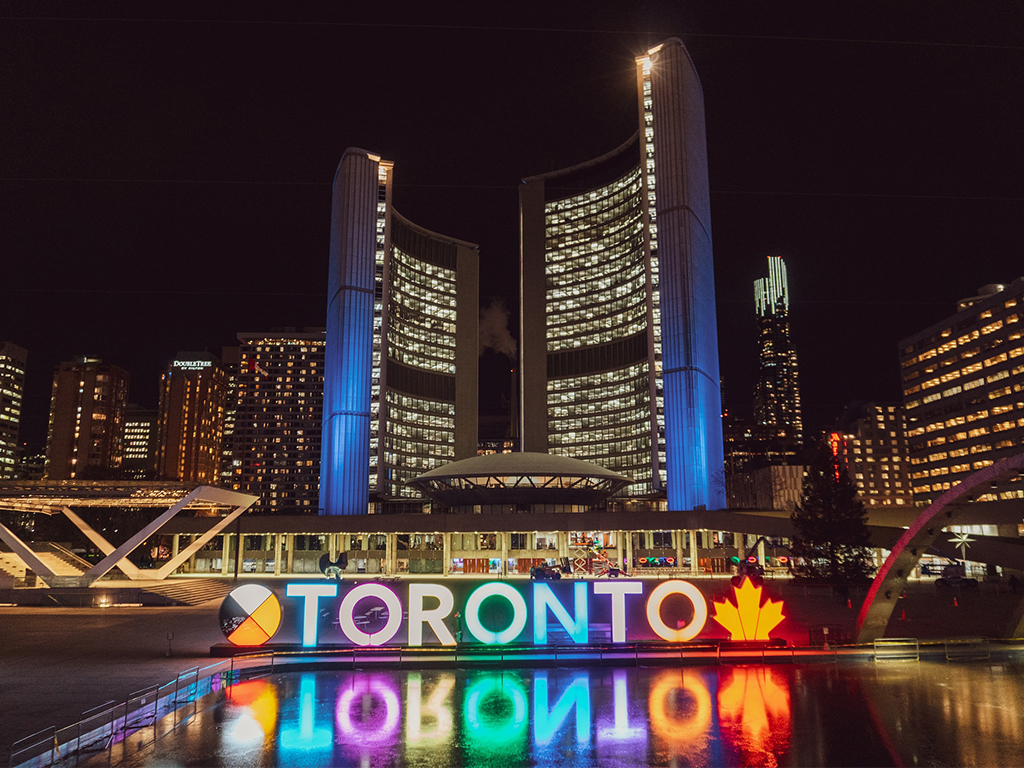
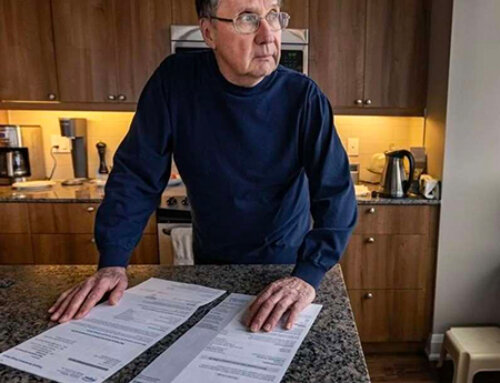
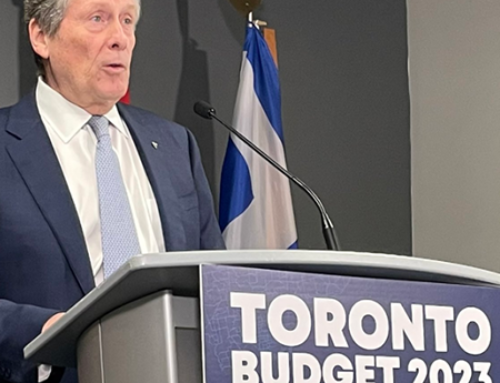
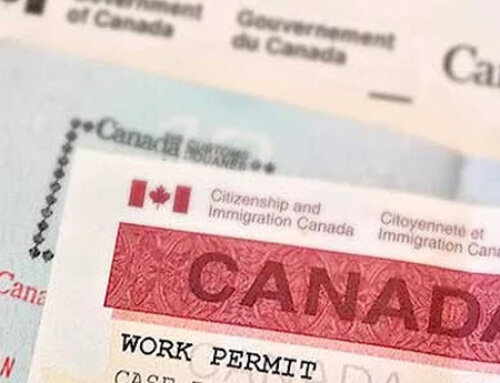

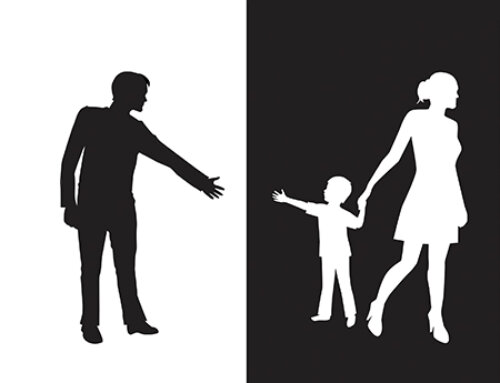
Leave A Comment